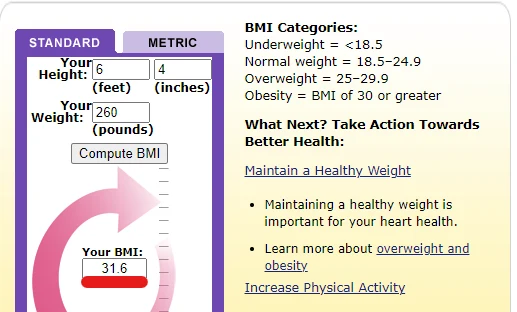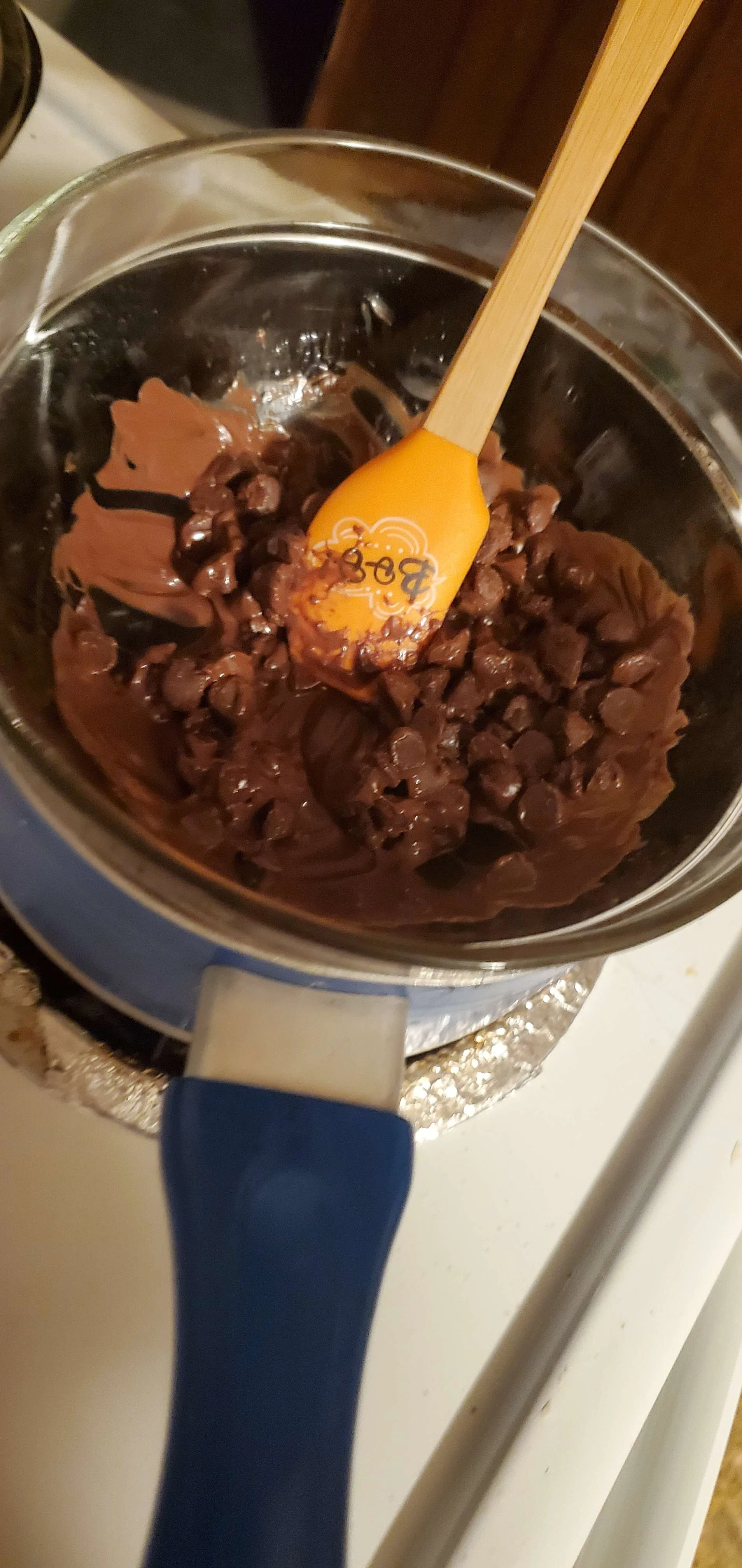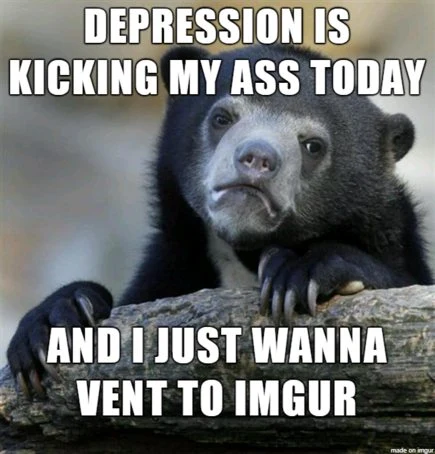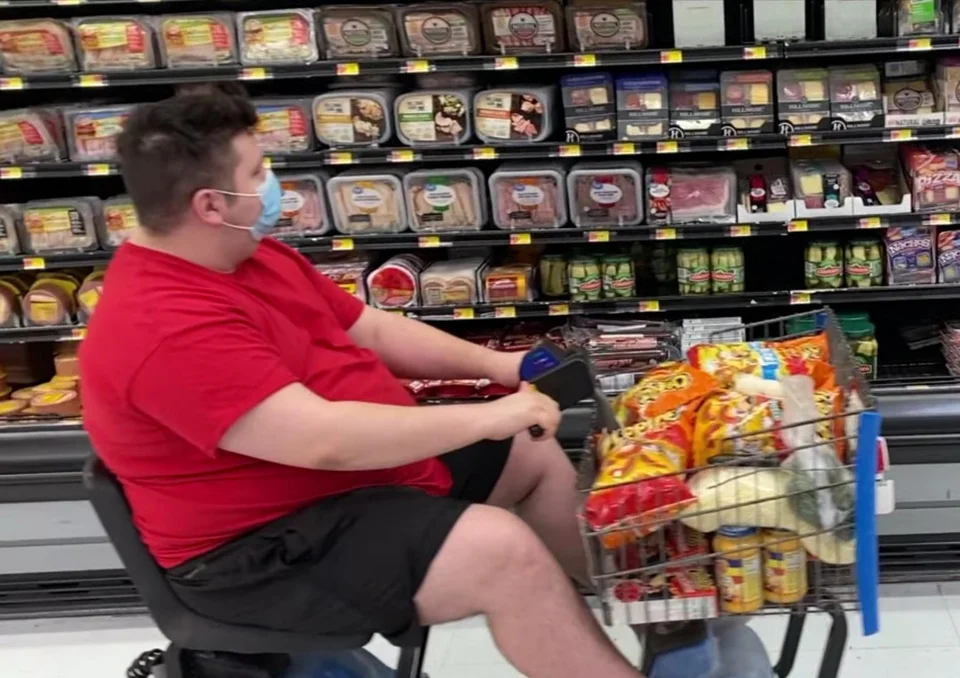- 73
- 86
This plus-size woman isn’t taking any crop from her bosses.
A former smoke shop staffer named Abigayle Canterbury is virally blowing the whistle on her now-ex-manager for allegedly body-shaming her for wearing a crop top during her shift — a sexy blouse often sported by her more petite co-workers without rebuke.
And the full-figure employee ultimately quit the gig after receiving a scathing demand to “cover the stomach.”
“I got dress-coded at this job that does not have a dress code. Make that make sense — you can’t,” exclaimed Canterbury, 22, in a now-trending TikTok testimonial, which has raked in over 404,000 views.
“I’m also the only plus-size female that they had working,” added the buxom brunette, from Mobile, Alabama, of the smoke shop chain — which she failed to name in her digital rant.
“I’ve never been to one of their locations and seen a bigger girl working. It’s always been very small, petite girls, and they’ve always wore whatever they wanted,” she continued.
And the brand’s seemingly relaxed dress-code policy is what initially attracted Canterbury to the job.
“When I got this job … I was under the impression I could wear a crop top with some jeans and it’s not a big deal,” she said, alleging that she was never made aware of any work attire restrictions.
However, when Canterbury received a harshly worded text message from her unnamed manager, she was shocked to learn that the smoke shop’s owner didn’t approve of her midriff-baring outfit.
“I got a text message from my manager, and the text message said, basically, the business owner saw what I was wearing and he wanted to tell me to ‘cover the stomach,’” said Canterbury.
She went on to share a screenshot of the text thread, in which the manager plainly instructs her to “dress nicer” and “cover all your body.”
And Canterbury — who, in the comment section of her video, claims she’d been donning a crop top when she was hired at the smoke shop — admitted that the reprimand did “get under my skin.”
“‘Cover my body?,’” she questioned in the clip. “Have you seen your other f- -king employees, bro?”
And the next day, when she asked her slimmer work associates — who were wearing peekaboo tops and skimpy bottoms — if they’d ever received dress code admonishments, Canterbury was stunned to learn that she was the only employee to be lectured for her looks.
Outraged TikTok watchers flooded her comments with words of encouragement, as well as similar accounts of body discrimination that they’d personally endured in the workplace.
“So basically you could sue for discrimination … and you [clearly] have it in the text,” penned one cyber supporter.
“Yea as a woman that’s been thin and plus size. I can definitely tell the difference of how I was treated. they were so nice to me when I was thin,” confessed another.
However, the supportive comments notwithstanding, in a separate video, Canterbury claimed that she’d also received a lot of “really hateful f- -king comments” from women who she says have likely never faced fat discrimination.
“If you have never been singled out for your size, I pray that you never are because it’s a horrible f- -king feeling,” she spat.
“Nobody deserves to be treated like that based on their size or their race …Discrimination is discrimination. And what was done to me falls into that little f- -king box.”
- BussydoFollower : Digga where's the link
-
PoonstaryerCaribeaner
: Ich stehen mit Die Linke.

- of_blood_and_salt : ich bums deine mutter tot, das schwör ich dir mein "digga"
- Holly_Jolly_Kong : repost.
- Dramacel : Look fat listen fat get off the red carpet
- KangThaConquered : would
- 71
- 69
His wife wheeled over his gaming chair for him to cook pancakes. He’s on another level pic.twitter.com/dSxqWMhKvA
— Ben Avery (@benaveryisgood) February 24, 2023
- 70
- 219
That movie was 50% just fat people jokes lol and I loved it.
Ecoterrorism against deathfats when?
- 70
- 105
My therapist literally sees me pro bono because she feels that bad for me.
Thankfully this queen knows she's not listening to uggos.
I can't imagine how much easier this foid's life would get if she just dropped the pounds. Straggots have low standards to begin with.
- 69
- 153
this video is misleading because Nathan, the dude that buzzed her, hugged every single girl that sat down and when he realized they were fat, he immediately pressed the buzzer. This dude is actually just fatphobic. https://t.co/TPkxmMFcBy
— PRESAVE SO BAD • JD they/them (@jd_occasionally) October 24, 2022
This is honestly extremely funny, and the people in the replays be acting like it's bad to not like fat people lol.
tell me how explicitly not wanting to date fat people isn’t discriminatory
- 69
- 177
Kanye asks why American culture glorifies obesity: "It's actually clinically unhealthy, and for people to promote that, it's demonic." pic.twitter.com/0iEqvOWCib
— American Firebrand (@FirebrandPAC) October 7, 2022
- 67
- 108
I was buying food for a party, so I had chips and sodas in my cart at the grocery store but some skinny lady didn't approve. She literally started taking things out of my cart telling me how I don't need all that fat and sugar. Like, right out of my cart, who does that?! I don't even like potato chips, fwiw.
Holy based. I think we have all been tempted to do that before 
Being denied treatment of my eating disorder initially because I'm “too fat” for my diagnosis.
You don't need very expensive psychiatric treatment for a crash diet.
I lost about 50lbs and treated myself to a cute workout outfit. The very first time I went out for a jog, a pickup truck full of guys mooed at me, and then threw a milkshake on me. It was on of the most devastating, humiliating moments of my life.
Like for real, if that's the most devastating moo-ment of your life you have been very coddled
Was asked to say my weight/get on scales when selecting skis first time ever. Was embarrassed in front of a line of super fit buttholes.
I hope it was like a carnival where they try to guess the weight first 
This is really also a moid L since she apparently had a bodybuilder boyfriend 
Had a really good business year and decided to treat myself to my most extravagant clothing wish ever — a pair of custom made vegan cowboy boots. Emailed the maker and said “hey I have wide calves is this a problem” and she said no, no problem at all, just send your measurements. Waited months to get the boots and couldn't get my calf in them. Measured them and they were a full inch smaller than my measurements. She apologized, said she'd fix it — shipped them back, waited another eight weeks, got them — still didn't fit over my calves. At this point I asked for a refund and she said no, no, just send them back and let me fix them. I did and they finally fit but I never wear them because they make me feel shitty. I can't look at them without feeling bad about my calves! I wish I'd just insisted on the refund.
How many cows were killed to make one pair of boots which fit her enormous cankles? 
Not being able to fit In Texas Roadhouse booths. It traumatized me so much I literally refuse to sit at a booth now.
As a burger, I can let the leafs and europoors here know that this is a major feat given the size of an average chain restaurant patron
- Shellshock : This is a fetish
- 67
- 154
people keep saying stuff like this, but im entitled to be in a relationship with someone im attracted to, like everyone is
but im entitled
Cool, cool, cool.
Definitely found the problem.
My man, you're not entitled to anything about another person. Not a darn thing.


Sounds like she needs to lose the dead weight (I'm talking about you OP). Cringie and gross.

Wow, it sounds like she is getting the better end of this deal.
maybe, but honestly I dont care, i wrote this in my car before another meeting with my divorce lawyer, and I havent been this happy in a year and a half, i hated people seeing me in public with my wife, and im glad thatll be coming to an end
You probably never would have lasted with her if she had children with you. She also would have out on weight and you would have been the same shallow bastard for it. There little doubt in my mind that you never loved this woman.
ah, yes the pregnancy cope. as some other fat redditor's husband said a while ago:
The woman sounds absolutely depressed to me. I guess OP wouldn’t have noticed beyond the far rolls. He has the right to divorce her but I wish they actually got her counselling first.
I gained 10 pounds since my chronic pain started and feel horrible in my body. I went through a period of depression. The only thing I’m thankful for is my husband asked to marry me AFTER the pain started, to care for me and put me on his better insurance. If he had married me at my best and then ignored me in bed I’d feel so bad.
Doubling in weight is not 10 lbs 😑

Then don't get married. Appearances change and people age.


- 67
- 103

In the months since the Supreme Court overturned Roe v. Wade, many people have stepped forward to share their stories in order to help destigmatize abortion and join in the fight for reproductive rights. But despite all the important discussions happening in the SCOTUS decision's wake, there's one conversation that's gone vastly unreported: how the overturn of Roe v. Wade is disproportionally impacting people in larger bodies.
"Larger-bodied people are left out of the conversations as if they're not sexual beings," says Laura Lindberg, PhD, a researcher in sexual and reproductive health and rights at Rutgers.
The fact is, certain types of contraception — including emergency contraception and birth control pills — might be less effective for people in larger bodies. In a 2014 study monitoring the effectiveness of levonorgestrel (the drug in emergency contraception pills like Plan B), women with a body mass index (BMI) of 25 or higher experienced decreased efficacy; the pill stopped working entirely in obese women with a BMI of 30 or higher. Those findings led to a change in packaging information in Europe, but the US Food and Drug Administration called the data "conflicting and too limited to make a definitive conclusion." Despite the FDA's decision not to update labels, doctors who treat "obese" patients told NPR that their patients regularly became pregnant after taking the Plan B pill. Regardless, anecdotal evidence shows many people are still unaware of the drug's potentially limited efficacy. (As of right now, the only emergency contraception that's effective regardless of body size is the copper IUD, according to the American College of Obstetricians and Gynecologists.)
"Doctors are taught that one of the worst things their patient can be is fat."
And if contraceptive methods such as Plan B fail, people in larger bodies face other hurdles: for one, a pregnancy test may not show a positive result as early for someone who's over a certain weight. Research shows people with a higher BMI are more likely to have lower hCG hormone levels at the beginning of pregnancy, which is the hormone that OTC pregnancy tests detect.
Fatphobia isn't new in the healthcare industry, but the new abortion restrictions have made its effects on contraception even more problematic. "The truth is, right now, in today's world, we can't afford to not educate ourselves about contraception and its efficacy for different bodies," says Nia Patterson, a mental health advocate who focuses on eating disorder recovery and fat activism. "An unwanted pregnancy that an individual thought they were appropriately protecting themselves from can be the cause of significant financial hardship, physical health issues, or even death."
Given the recent overturn of Roe v. Wade, access to contraception is more important than ever regardless of body size, but the deeply ingrained fatphobia in our culture is keeping larger-bodied people from being in full control of their reproductive health**.** POPSUGAR spoke with fat activists and reproductive health equity experts about why this is the case, what needs to change, and how to regain control.
How Fatphobia Shows Up in Healthcare
Put simply, fatphobia is weight bias rooted in a sense of blame and presumed moral failing, according to Boston Medical. It's often shown in contrast to the ways non-fat, straight-size, smaller people benefit from thin privilege, and can contribute to body shame regardless of a person's size. "Body shame exists to keep us isolated and bought into pursuing the unobtainable, always-changing appearance ideals," says Ally Duvall, fat activist and body image program manager at telemedicine company Equip. "We can't find freedom from body shame without addressing where it comes from and why we are encouraged to dislike our bodies in the first place — it's the messages we are receiving constantly from diet companies, wellness influencers, and the media as a whole."
These oppressive systems and beliefs about bodies are inherent and built into every facet of our lives, but the healthcare setting is often where they can have lasting and harmful effects. For example, fatness or obesity are often called out as key contributors to cancer or brain disease, but the reality is that the causes of these illnesses are complex and likely not due to one single factor, especially someone's size.
As someone with a larger body, Patterson says, "I have faced extensive discrimination due to my body not fitting into ideal medical care standards." For example, they've had weight-loss surgery repeatedly recommended by healthcare providers despite being in recovery from an eating disorder, and they've had disability paperwork withheld because they did not comply with weight loss recommendations. "Doctors are taught that one of the worst things their patient can be is fat," they say.
Why Doesn't Contraception Work For All Body Sizes?
Studies have shown that certain types of contraception are less effective in women who are '"overweight" by BMI standards; however, there's still much research to be done, as there isn't an official point at which it's officially considered "ineffective". More than one in four American women are considered "overweight," according to the Centers For Disease Control and Prevention. So, why don't we have effective contraceptive options for people in larger bodies?
"It's not lack of access, but a lack of guidance," Dr. Lindberg explains. There hasn't been a lot of information up until recently because clinical studies excluded larger bodies, and clinical research is what steers doctors' recommendations. "You end up with a lot of individual providers using their best readings of very limited literature to counsel their patients," she says. What we need is to figure out if the contraception is effective for larger-bodied people, "and if so, what are the safety risks?"
A review published in the journal "Reproductive Health" looked at gaps in research and confirmed that there's a pressing need for qualitative research exploring larger-bodied people's experiences with routine and emergency contraception, as well as receiving contraceptive counseling and care. "At the very least, medical providers who are providing fat people with these contraceptive devices have an ethical right to inform their patient of the weight efficacy standards," Patterson says. Meaning, "if they're going to provide a person with Plan B, they need to tell them that if their weight is above a certain number, then the medication may not be as effective and to allow that patient to make their own decision."
The Unique Challenges Facing Larger-Bodied People Post-Roe
Beyond less-effective contraception, larger-bodied people face increasing barriers and risks around their reproductive health, Dr. Lindberg says. "Accessing an abortion is already limited by body size. Very high-BMI women have a harder time finding a provider to perform a surgical abortion, so finding a place is even more limited — and if they need to travel out of state, that brings on more cost." These limitations are primarily related to needing more anesthesia and the size of the equipment available.
"Fatphobia, diet culture, and pretty much all health and beauty standards are first and foremost rooted in a system of control — the control of bodies.
Also, body size often intersects with race — particularly because structural racism contributes to higher BMIs. As a social demographer, Dr. Lindberg focuses on addressing systematic disparities in sexual and reproductive health and rights, which have become increasingly under threat in this legal landscape. "Women of color are more likely to be categorized as larger-bodied, so these policies and practices risk becoming racist," she says. "Therefore all of these concerns are much more likely to impact women of color." This includes health risks during pregnancy and higher morbidity rates related to delivery and in the months postpartum.
"Fatphobia, diet culture, and pretty much all health and beauty standards are first and foremost rooted in a system of control — the control of bodies, and on a higher level, oppressive systems like racism, sexism, ableism, and more," Patterson says. "It is constant and has been going on for centuries."
How Can You Advocate For Yourself to Get Better Care?
Fat patients are often given subpar healthcare — "at best, leading to misdiagnosis, and at worst, causing their death," says Patterson. "As someone with a larger body, I often fear doctors will chop my experiences and health concerns down to something as minor as my body weight, even though there's little to no evidence that my body weight indicates my health."
Still, people need to see doctors. "Everyone — regardless of their size — need to find a healthcare provider to talk about their specific needs and engage in a shared decision-making process," Dr. Lindberg says. Start the conversation with your doctor by saying you want to talk about being sexually active. Ask questions like, "If I need emergency contraception, what would I use, and what is the timing on that, given my body size?" Dr. Lindberg says. The more info you have in advance, the easier it will be to access it when the time comes.
Patterson says advocating for yourself might look like bringing a friend or family member to doctor appointments, refusing to be weighed when asked to, and shutting down recommendations of weight loss and weight-loss surgery. They recommend "Don't Weigh Me" cards — you may have seen them trending on TikTok — which are an easy way to make it clear to your doctor that you'd like to leave your weight out of the conversation, especially as a variable in diagnosis. Ultimately, though, Dr. Lindberg says, "A provider that wants to focus on losing weight might not be the best fit for you. Advocate for yourself in the room and embrace your inherent sexuality."
Ultimately, Patterson says, "We need to have more conversations around discriminatory stipulations on medical devices and medications and urge the healthcare industry to develop inclusive options." Because the burden shouldn't only be on the patients themselves. It'll take much wider societal change to end fatphobia and ensure all people can get the inclusive healthcare they deserve.
- Goomble : Fat
- 67
- 171
Don't get me wrong I love fat chicks but I don't want to be in a relationship with one for obvious reasons.

- 66
- 108
Indian belly fat is not due to Indian food. But it is due to genetics related to famines forced by two external colonizers. A small #Thread with all the scientific data.
— History इतिहास (@ShreeHistory) February 11, 2024
!bharatiya sorry for giving you all big bellies
https://twitter.com/ShreeHistory/status/1757068040884117790
https://twitter.com/ZarnaJoshi10/status/1756894180863885434
https://twitter.com/xImEmYSELF/status/1757077258127151538
https://twitter.com/ShreeHistory/status/1756857405994860862
https://twitter.com/sanskritiey/status/1756933793594712231
- 66
- 125
He has some sort of blood cancer that creates too many red blood-cells. Its over for cell-cells.


So apparently this is a side effect from testosterone supplements which he probably needs to take because he is so fricking disgustingly fat lmao. So yes it was his obesity that did him in. God laughs every time a fat Amerishart dies before they hit 50.
- 65
- 84
- 65
- 98
Harmless fitness fad or slippery slope to an eating disorder? Here's what to know. | Analysis https://t.co/yIcvk4eqlv
— CNN (@CNN) June 10, 2023
Article:
https://www.cnn.com/2023/06/10/health/get-in-shape-summer-dangers-wellness/index.html-06-10T13:00:15
If your children say they want to start exercising or working out more this summer, don’t celebrate just yet.
I know most parents would be thrilled to see their teens taking the initiative to get off the couch, step away from electronic devices and move more. But it’s worth finding out why your child wants to exercise. Eating disorder experts warn that setting fitness goals could mean trouble for kids.
With the alarming increase in eating disorders and body dissatisfaction among children, parents need to know that even seemingly healthy behaviors can become problematic. While parents and guardians don’t need to panic right away, they should ask questions.
Responding first with curiosity “encourages communication and keeps the door open,” said Darpinian, who is also an eating disorder therapist in the San Francisco Bay Area.
The next question is why your teens want to pursue fitness. Understanding if their motivation is appearance-based or an internal goal will guide your response. When negative body image is the driving factor, it makes sense that parents might be tempted to encourage a teen’s plans to get in shape.
Contrary to the dominant messages in our culture, “intentional weight loss is not sustainable and is incredibly dangerous,” Darpinian said. By the time teens express wanting to change their bodies, it’s likely “there is already a history of body dissatisfaction” that needs to be taken seriously.
“If parents don’t feel they have the skills or tools to support their child’s body image, they can seek a consultation with a therapist who is weight neutral, HAES-aligned (Health at Every Size) or a certified eating disorder specialist,” Darpinian advised.
It never even began for burger kids 
That might sound like an overreaction to many parents. But she’s learned over the course of her 23-year career treating eating disorders that “when we can catch something at the very first sign, it leads to the most favorable outcomes.”
If athletic goals are driving the desire to work out, parents still need to keep important safeguards in place. First, ensuring teens are adequately fueling their bodies will lower their eating disorder risk and improve their performance, said Sterling, a registered dietitian in Menlo Park, California, who specializes in both eating disorders and sports nutrition.
Today’s athletes who want to improve their split times for soccer tryouts aren’t casually going to the local high school track with a stopwatch. Instead, they’re likely working out with wearable biometric technology and studying reports in an app.
“Number-driven metrics disconnect athletes from their bodies’ wisdom” and can contribute to unhealthy levels of exercise and unrealistic competition with peers, Sterling warned.
Parents should ask children what their plans are for including rest days, which Sterling noted are often a forgotten part of training: “Rest days are important for reducing inflammation, helping with repair of muscles and recovery.”
Fitness trackers aren’t the only technology that could affect a child’s approach to exercise. With #fitspo influencers promising a “snatched” waist or six-pack abs — often combined with unsound diet advice — parents are right to keep an eye on a teen’s new fitness fixation. Social media is filled with images of idealized body types, and algorithms can take a kid from a fun dance cardio video to extreme dieting content in minutes.
Given the risks for teens making changes to exercise and diet, parents should act quickly if they notice their child is restricting food, losing weight or showing signs of fatigue, according to Aggarwal, who is an adolescent medicine physician in Northern California.
In addition to physical symptoms, changes in mood or relationships are also red flags that would warrant a conversation with your child — and a visit to the doctor.
Uh oh, my teenager's mood changed! Time to take him to the doctor! 
If your teen is determined to pursue a new fitness regimen, Aggarwal suggested “looping in the child’s primary care physician from the start” so parents have additional support in monitoring the child’s physical and mental health.
Recognizing problematic exercise or dietary changes can be especially tough for parents because weight loss and thinness are so valued in our society. Although demonized in our culture, weight gain is essential during the teen years: “Adolescence is the second most important growth time in our lives,” Aggarwal noted. Parents who “normalize weight gain” and see their child’s well-being holistically can help promote truly healthy development in their teens.
“There is so much pressure on people in general but especially on teens with these narrow ideas of what it means to have a ‘good body,’” Aggarwal added. It’s why it’s essential for parents to pay attention. “If you see your young person becoming victim to these messages, you’re able to recognize it and support them.”
Many parents are more aware than ever of the negative impact of diet culture on teens. But eating disorder symptoms can be incredibly sneaky, as Darpinian has seen in her therapy practice more often in recent years.
Parents of patients regularly tell her, “I just thought they wanted to eat healthier and exercise more.” What might start out as a health and fitness kick can quickly become unhealthy without the awareness and support of family members.
Being informed about eating disorders helps protect kids. And just as important, parents can approach questions about bodies, food and exercise in a way that builds connection and trust. In a world that is always telling teens their bodies aren’t good enough, what young people need most is their parents’ unconditional love and acceptance — and the support to get professional help if needed.
Oona Hanson is a parent coach in private practice and a family mentor at Equip, an eating disorder treatment program. She specializes in supporting parents to raise kids who have a healthy relationship with food and their body.
I am seething so I guess CNN won today. 
"If you don't finish your burgers I'm taking your FitBit away!" 
"But Mom!!" 
"No buts!" 

- 65
- 74
Orange site: https://news.ycombinator.com/item?id=32681241
The data are stark: the typical American diet is shortening the lives of many Americans. Diet-related deaths outrank deaths from smoking, and about half of U.S. deaths from heart disease -- nearly 900 deaths a day -- are linked to poor diet. The pandemic highlighted the problem, with much worse outcomes for people with obesity and other diet-related diseases.
"We're really in a nutrition crisis in this country." says Dariush Mozaffarian, a cardiologist and dean of the Friedman School of Nutrition Science and Policy at Tufts University
Now, there's growing momentum to tackle this problem. The Biden administration will hold the White House Conference on Hunger, Nutrition, and Health on September 28th, and will announce a new national strategy. This comes more than 50 years after a landmark White House conference which helped launch today's major federal food assistance programs.
"The 1969 conference was transformative," Mozaffarian says. The programs it ushered in, like the WIC program, have helped feed millions of low-income families.
But this hasn't been enough to solve the dual problems of food insecurity and diet-related disease. Food policy leaders say it's time to think anew and build on what we've learned. The U.S. can't "fix" hunger by just feeding people cheap, high-calorie, processed foods -- the food that's so abundant in our food supply, they say. Instead, it's got to find ways to nourish people with healthy, nutrient-dense foods.
"There's a lot of enthusiasm and thinking about food more broadly and how we can fix this crisis," Mozaffarian told NPR. He's co-chair of an independent task force that includes doctors, chefs, food policy and business experts, as well as farming and health advocates, who are helping form the agenda at upcoming the White House conference.
In a new report, they've proposed a wide-ranging set of recommendations to end hunger, advance nutrition and improve health. Here are seven big ideas they're excited about.
1. Treat food as medicine
There's a growing movement to integrate food and nutrition into health care, by providing healthy meals and groceries to patients to help prevent or manage diet-related illness.The task force wants to see this kind of work expand.
"We should pay for food-based interventions that are effective," Mozaffarian says.
For example, there's mounting evidence that providing prescriptions for fruit and vegetables can spur people to eat better and manage weight and blood sugar. The idea is for health care systems or insurers to provide or pay for healthy groceries, combined with nutrition education, to help patients change their eating habits. It is being piloted around the country.
"Produce prescription programs help improve diet quality and food security," says task force member Dr. Hilary Seligman, a food insecurity expert and professor of medicine at University of California, San Francisco, noting that they can help with diet-related diseases like high blood pressure and diabetes.
Another idea is to offer medically tailored meals aimed at helping people who are already sick reverse chronic disease. Currently the federal government is running pilot programs that let Medicaid or Medicare pay for the meals in several states.
2. Focus on quality of calories, not just quantity
The U.S. food supply is awash in cheap calories. And when you're on a tight budget or relying on benefits like SNAP (food stamps), processed foods like chips and soda can set you back less than fresh produce. Of course, eating processed foods also contributes to cardiovascular disease, stroke, diabetes and other chronic illnesses, warns Nancy Brown, CEO of the American Heart Association.
Brown says federal food assistance programs have helped to address hunger. "However, many U.S. food policies and programs focus on improving access to sufficient quantities of food," she says. Instead, it's time to modernize these policies and focus on the *quality of food, "*so people have access to enough nutritious food."
The task force wants to see food programs redesigned to nudge people towards healthier options. The report points to the GusNIP nutrition incentive program -- which, in select communities -- gives SNAP participants more money to buy fruit and vegetables. It's a similar concept to the Double Bucks program which doubles the value of SNAP benefits when used to buy produce at farmers markets and other venues.
"It is important to scale up these efforts to ensure that everyone has access to healthy food options," says task force member Angela Odoms-Young, a nutrition professor at Cornell University.
The task force recommends that Congress establish a nationwide produce incentive program for all SNAP participants. "These types of programs can help promote equity," Odoms-Young says, noting that people of color disproportionately suffer from chronic illnesses.
3. Expand access to dietary and lifestyle counseling
The Affordable Care Act mandates that diet counseling be covered by insurers as a preventive care benefit for those at higher risk of chronic disease. The exact details of who is eligible for which services are left up to an advisory group of doctors and health care providers, as well as insurers, and many patients who would benefit may not have access to this service.
"The vast majority of Americans should be getting preventative behavioral lifestyle treatment," Mozaffarian says. Too often, he says, doctors prescribe drugs for conditions before recommending or trying lifestyle changes. "Doctors go right to the drug," he says. "I think that's a big problem."
The task force recommends that Congress expand Medicare and Medicaid coverage for medical nutrition therapy to people with high blood pressure, prediabetes, celiac disease, HIV/AIDS, cancer and other diet-related conditions. It also calls for expanded coverage of cooking classes and nutrition assistance, as well as coverage of the Diabetes Prevention Program, delivered by telehealth. This behavior-change program has been shown to be more effective than medicine in reducing the onset of Type 2 diabetes among people at high risk.
4. Support food entrepreneurs
People who start food businesses can help nourish their communities and create jobs. The task force calls on the federal government to pass policies that boost new healthy food enterprises, including providing new loans and grants to food and nutrition-related companies centered on health, equity, and sustainability. The idea is to focus especially on businesses owned by people of color and other marginalized groups.
"We don't need more businesses creating diabetes and obesity," says Tambra Raye Stevenson, who runs Wanda, a non-profit group that aims to build a pipeline and platform for a million Black women and girls to become local food leaders. "We need entrepreneurs that provide teaching kitchens, community gardens, healthy food retails, wellness studios, nutrition services, healthy consumer products, and urban agricultural centers," she says.
She points to food entrepreneurs like Amanda Stephenson who opened a specialty food market in an underserved neighborhood in Washington, DC, Fresh Food Factory, and Mary Blackford of Market 7 who is planning a food hall that features Black-owned food and lifestyle businesses. "They are our food she-roes making a positive impact and providing healthy food access for our children and other women," says Stevenson.
In the lead up to next month's White House conference, groups like Food Tank, a food think tank, have organized listening sessions with food researchers and entrepreneurs. "For food to be more accessible and affordable, we need entrepreneurs that use science and technology," says Danielle Nierenberg of Food Tank. She points to innovators like Journey Foods which is helping entrepreneurs bring nutritious foods and snacks to market.
5. Increase the number of new farmers growing healthy foods using regenerative farming techniques
If all Americans began to eat the recommended amounts of fruits and vegetables each day, there would be shortages. That's because corn and soybeans are grown on most cropland in the U.S.. Now, there's growing recognition of the need for more specialty crops - including fruits, vegetables, and nuts.
The task force recommends that Congress create a Farmer Corps to support new farmers, building on the Beginning Farmers and Ranchers Development Program. The idea is to provide new farmers with paid internships and apprenticeships to learn about sustainable farming, and funding to cover a living wage and housing. It also is pushing for loans to go to farmers growing with sustainable practices.
Growing the same crop, season after season, as many farmers do, can make lands less productive over time, and deplete nutrients from the soil."The unfortunate reality is that today we subsidize conventional practices that degrade the soil,"says David Montgomery, a professor at the University of Washington and the author of What Your Food Atewho attended a listening session.
"What we need to sustain agriculture is to incentivize restoring healthy soils and train more farmers to be successful doing that," he says.
6. Make school meals free for all students
School meals have been a fixture in U.S. schools ever since President Harry Truman signed the National School Lunch Act back in 1946. For decades, the federal government has reimbursed schools for meals they serve, and low-income students can qualify for free or reduced priced meals. Research has shown that low-income children who participate have better health.
Yet, many families who are eligible for free or reduced-priced meals may not receive them, sometimes due to the paperwork, bureaucracy or stigma of participating or enrolling. Amid the pandemic, school meals have been offered for free to all students. Now, the task force says this should be a permanent change.
"Without access to free meals at school, many children go without food at all during the day, and many more do not have access to the nutritious foods they need to thrive,' says Seligman, of UC, San Francisco. She notes that school meals help not only with kids' nutrition, but they also reduce absenteeism and improve academic outcomes.
7. Establish a federal 'food czar'
In order to turn ideas like these into action, the task force recommends the creation of a new role in the federal government, a national director of food and nutrition, a food czar figure, if you will. The new director would help streamline and coordinate the many disparate efforts already underway. The U.S. government spends more than $150 billion each year on food and nutrition related programs, and the health care system also spends billions on treatment of diet related diseases.
"This spending is fragmented across 200 separate actions and 21 different departments and agencies without harmonization or synergy," the task force concludes. Now, they conclude, it's time for a new approach.
- 64
- 98
Join me in taking a stand against effort posting.
- 62
- 102
https://i.imgur.com/gallery/Rb4UgHc
Already cringe from the "le hot goth girl" part
boo hoo  why did you post this to imgur
why did you post this to imgur
Good for him unironically here though 
 dude
dude
However he posted this 3 days ago so I don't think he's trying to lose weight that hard:
https://i.imgur.com/gallery/tNEWTpT
He generally posts pathetic shit like this too:
Cryposters 
Total !moidmoment










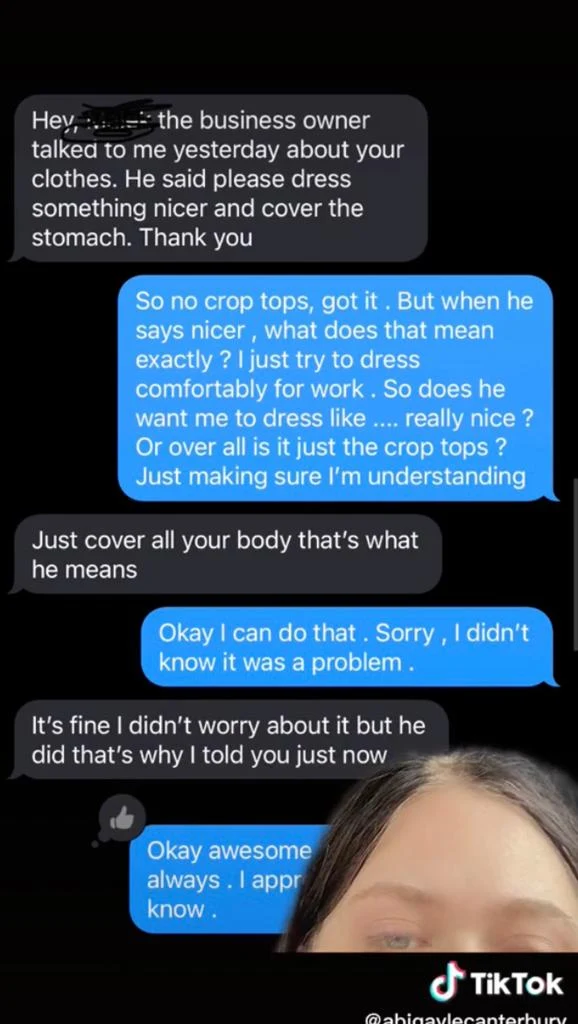
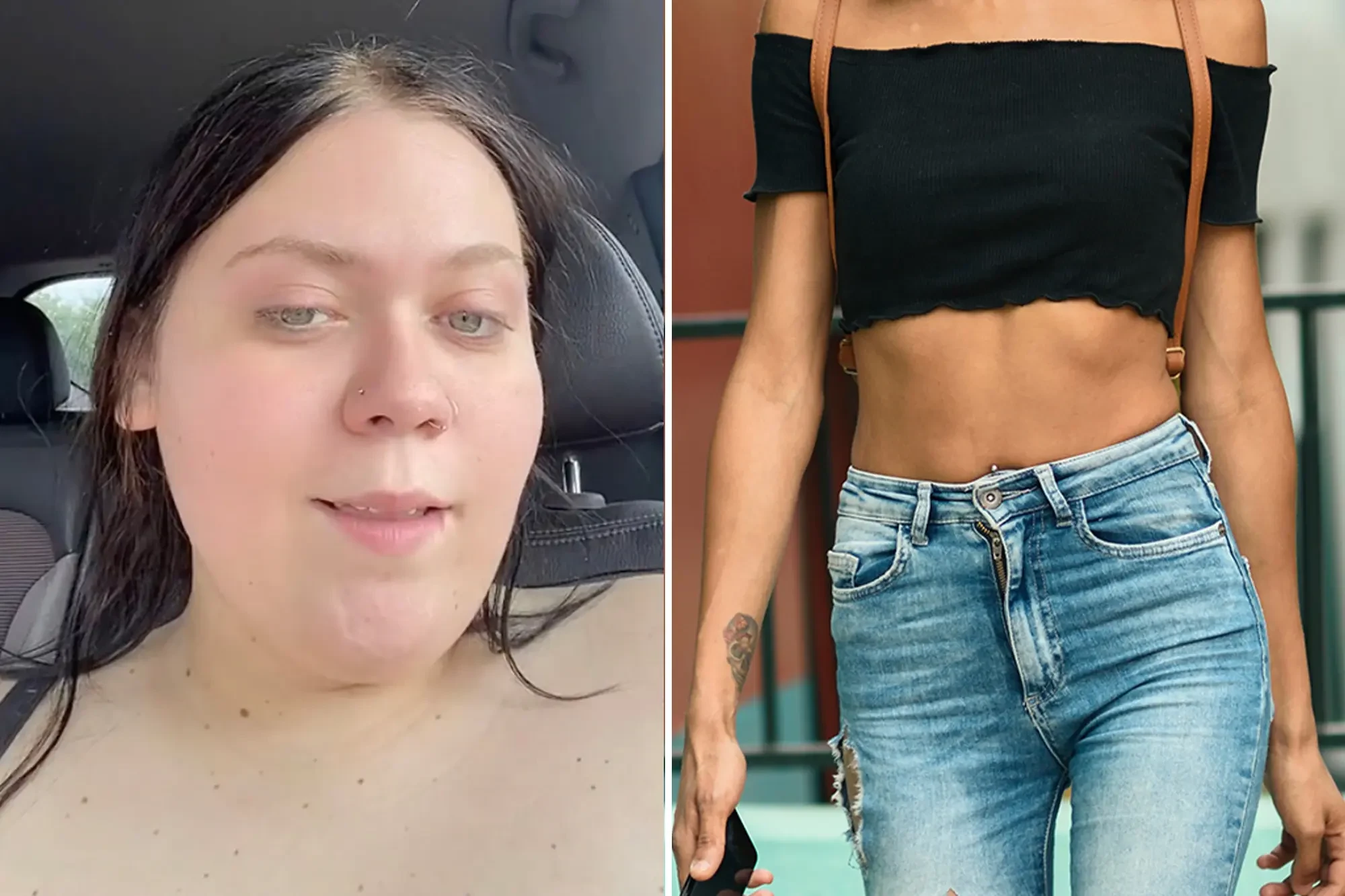




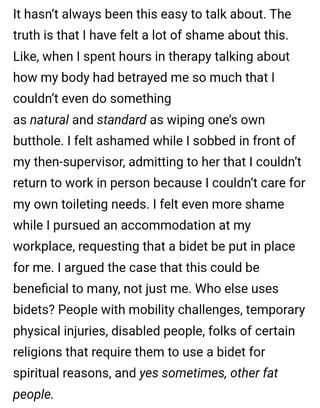
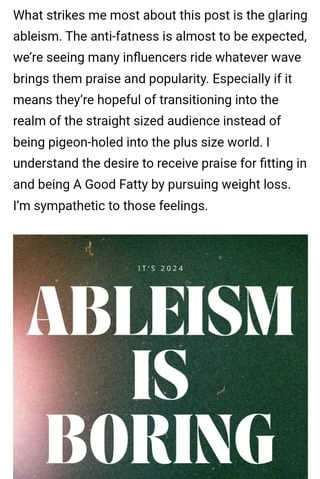
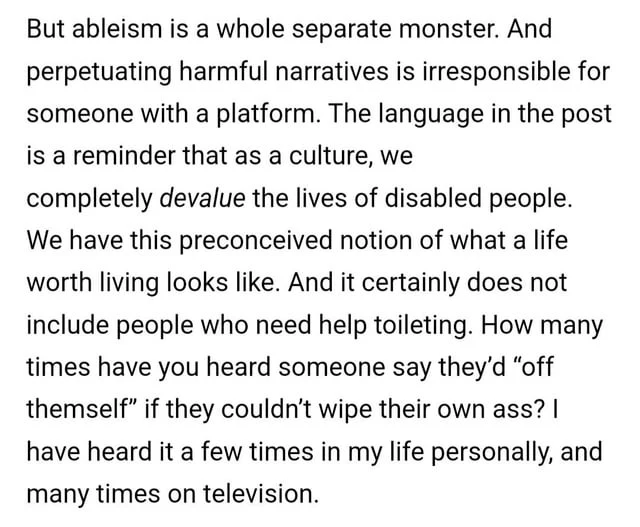
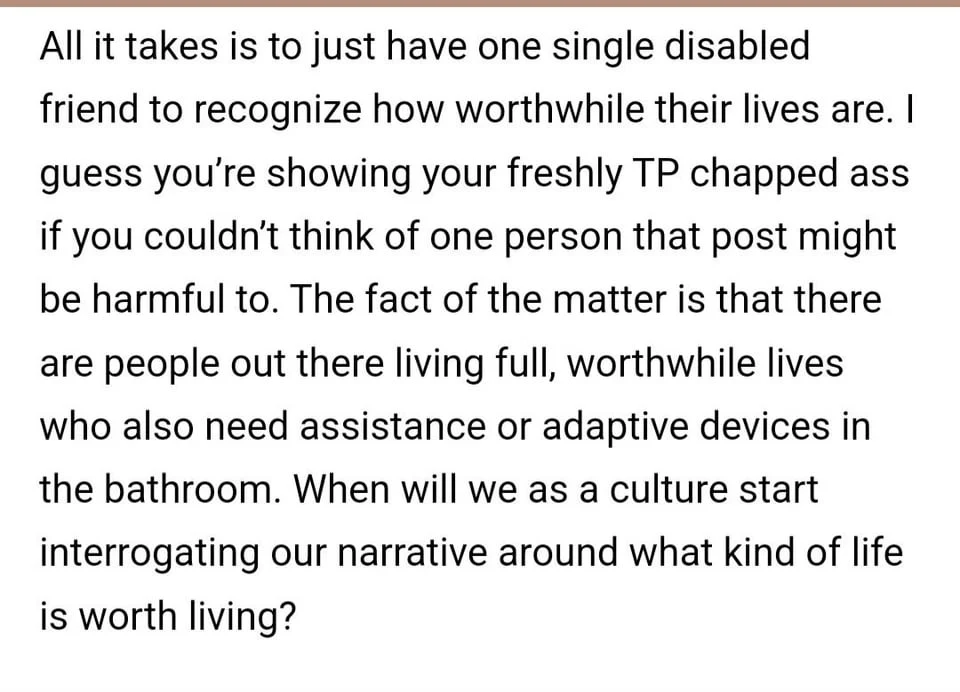



 Average sized nips, small sized in spirit
Average sized nips, small sized in spirit 
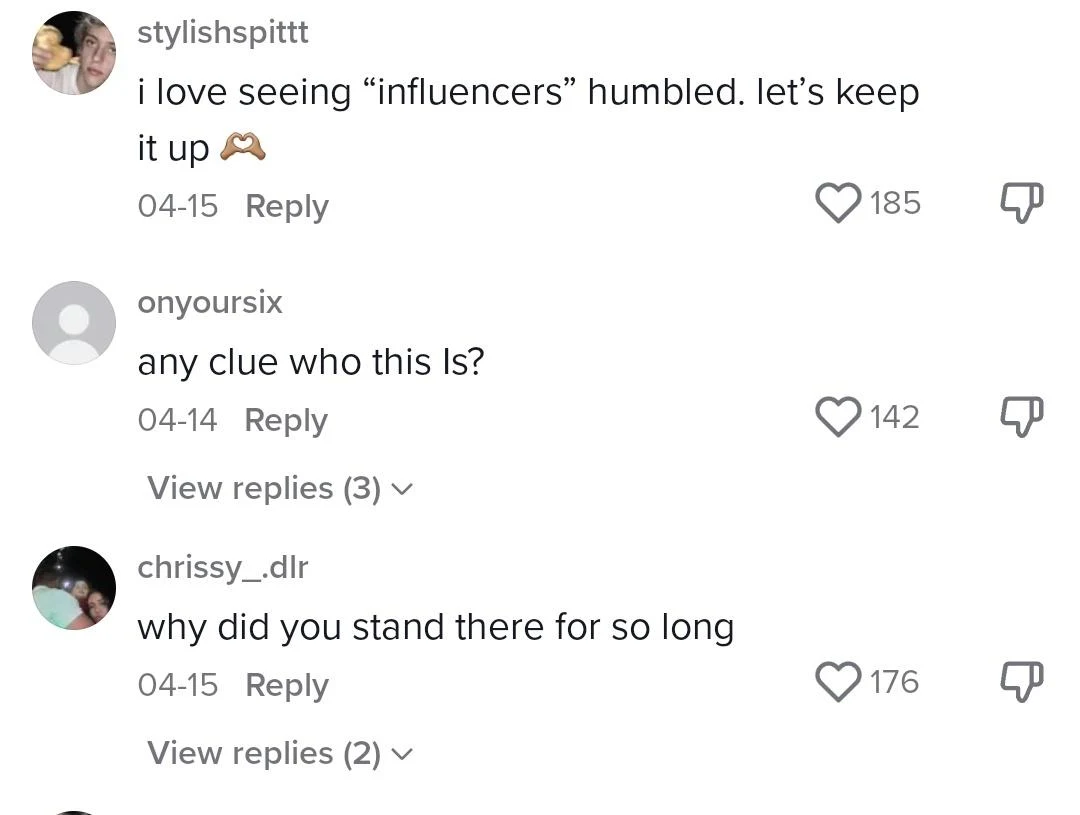
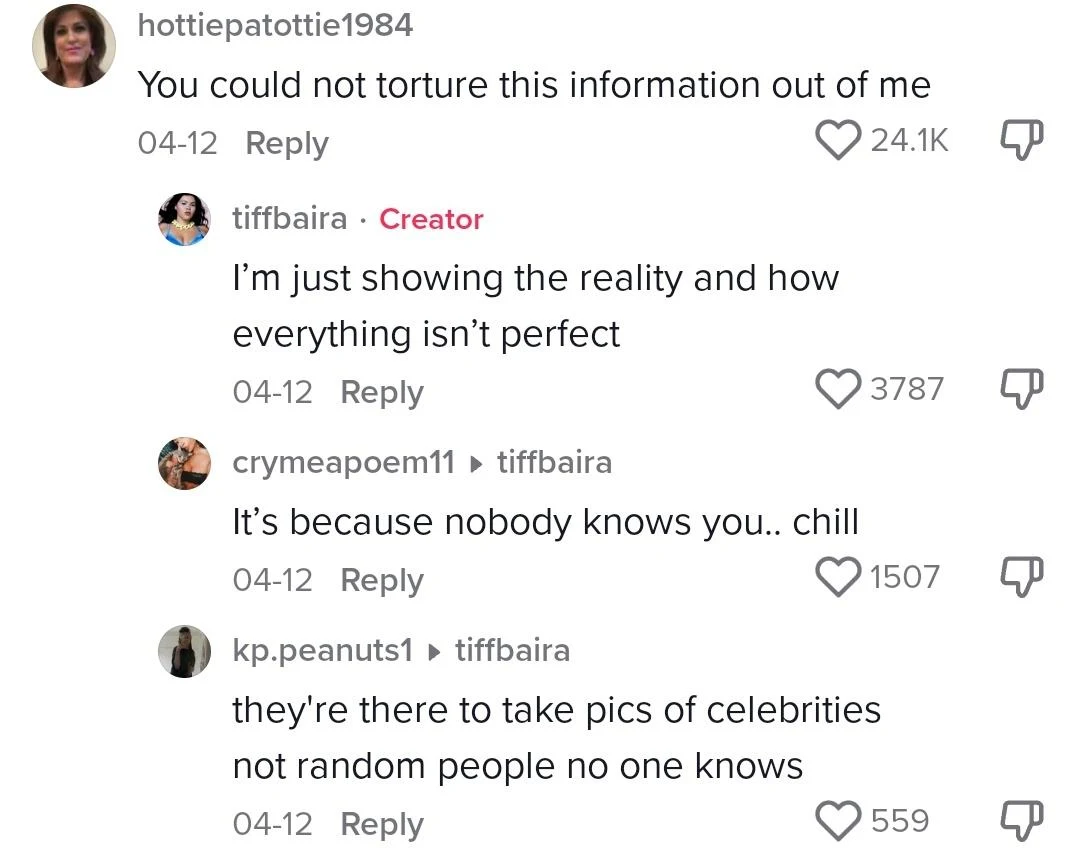
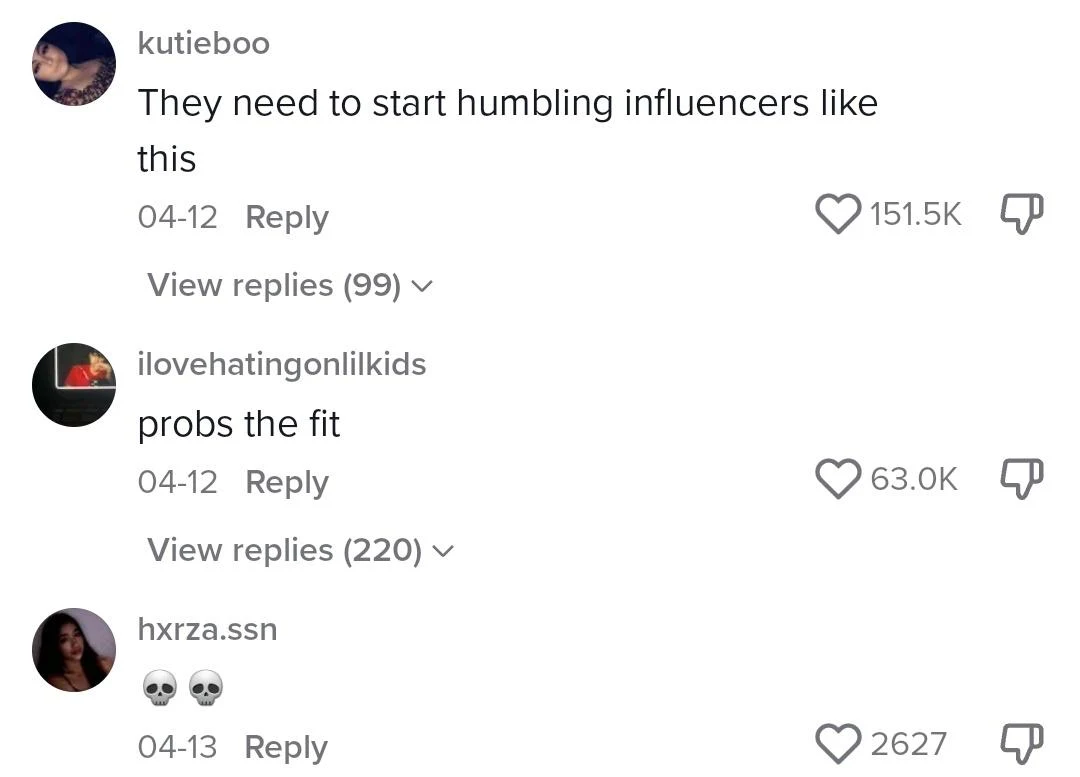
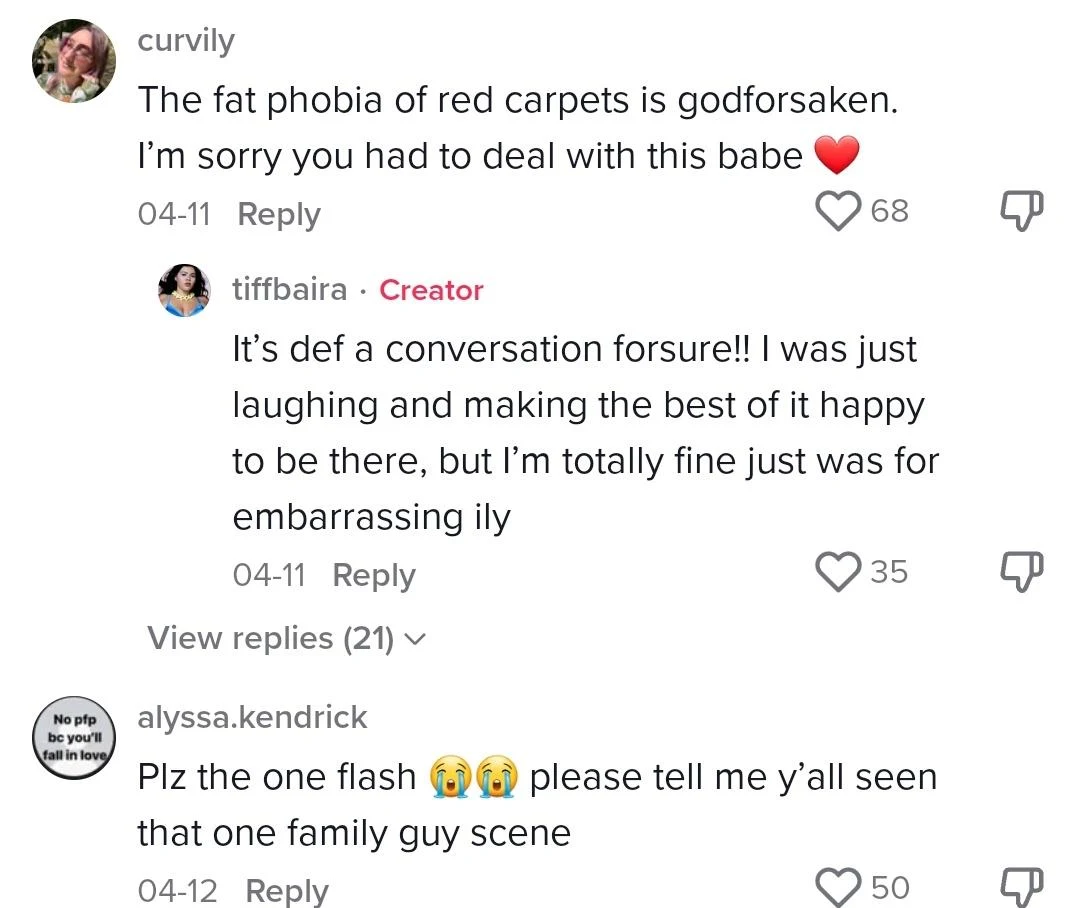





 needs a gaming chair to fail at cooking pancakes
needs a gaming chair to fail at cooking pancakes 








 Trans Species Okapi
Trans Species Okapi 






 ̀p⃨y⃨
̀p⃨y⃨



























 about how being fat isn't his fault but actually dastardly 1800s bloody Britishers
about how being fat isn't his fault but actually dastardly 1800s bloody Britishers
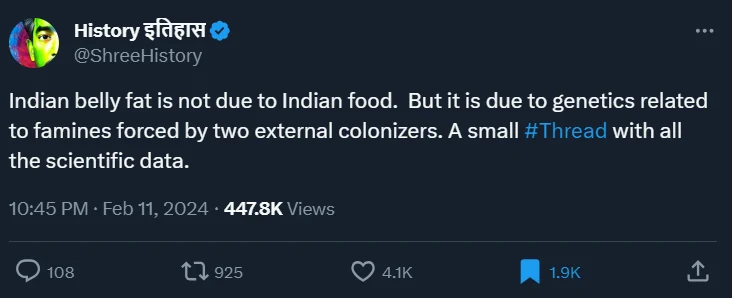
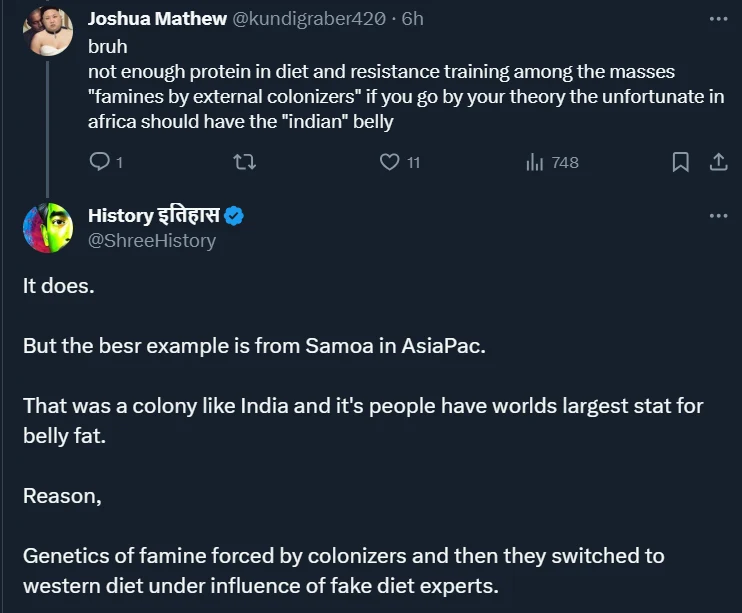
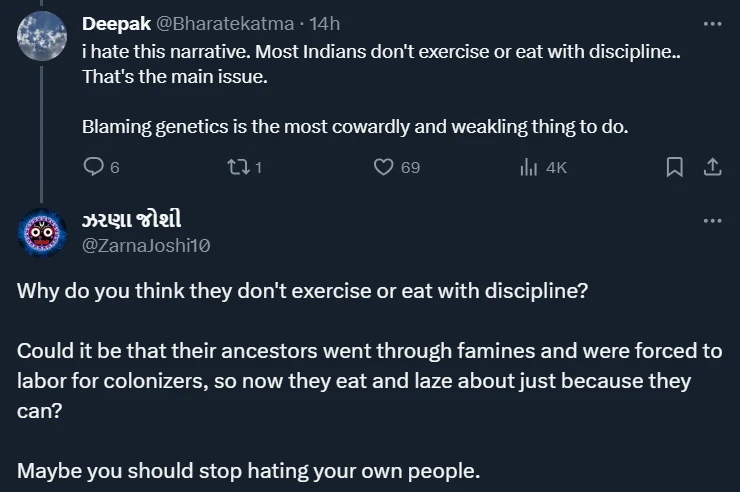

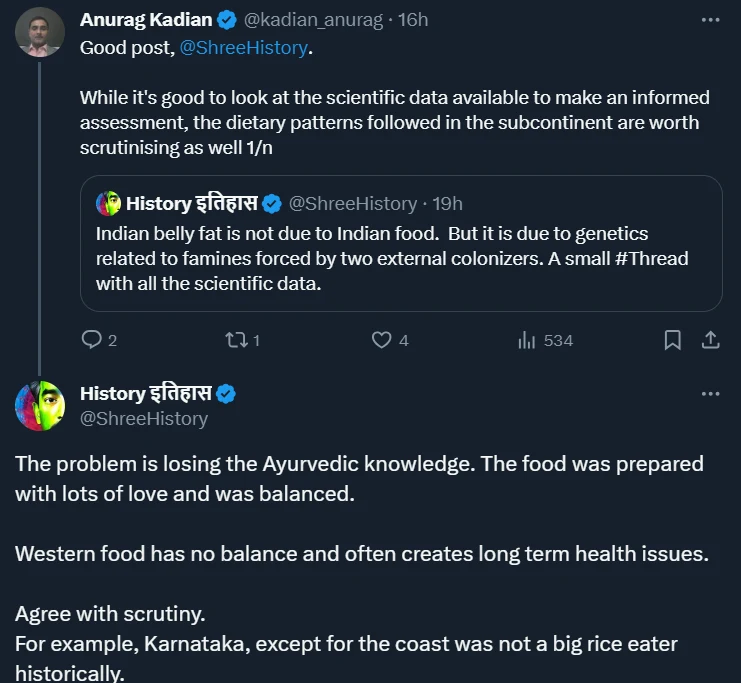
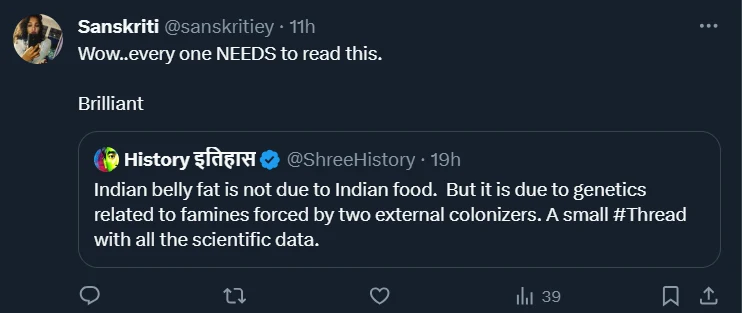
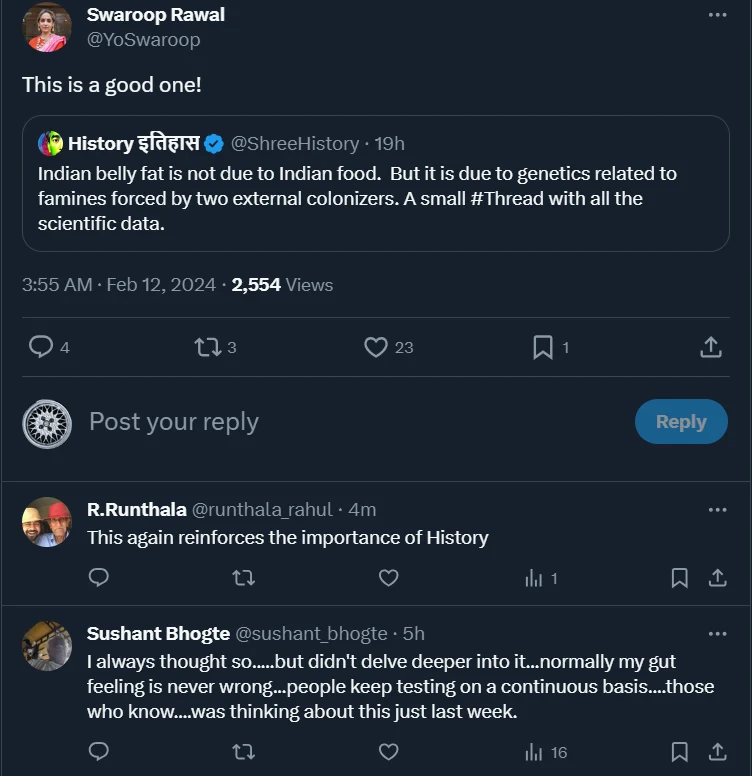



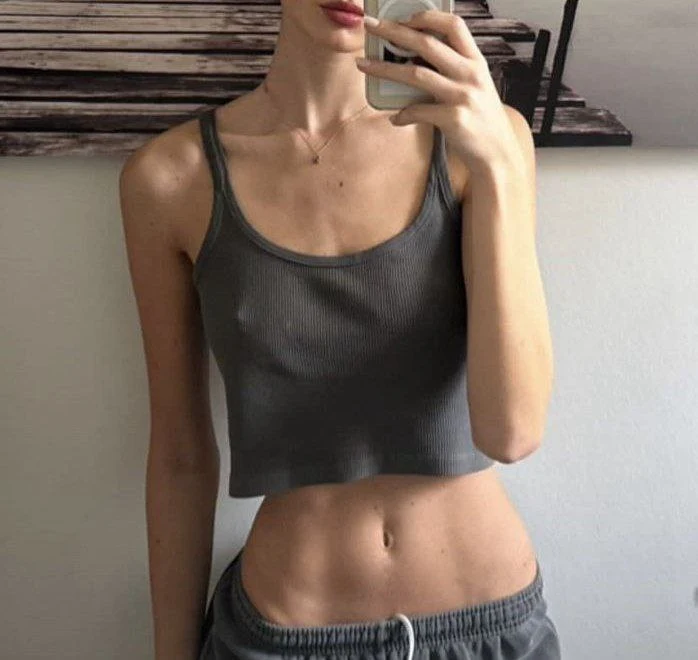
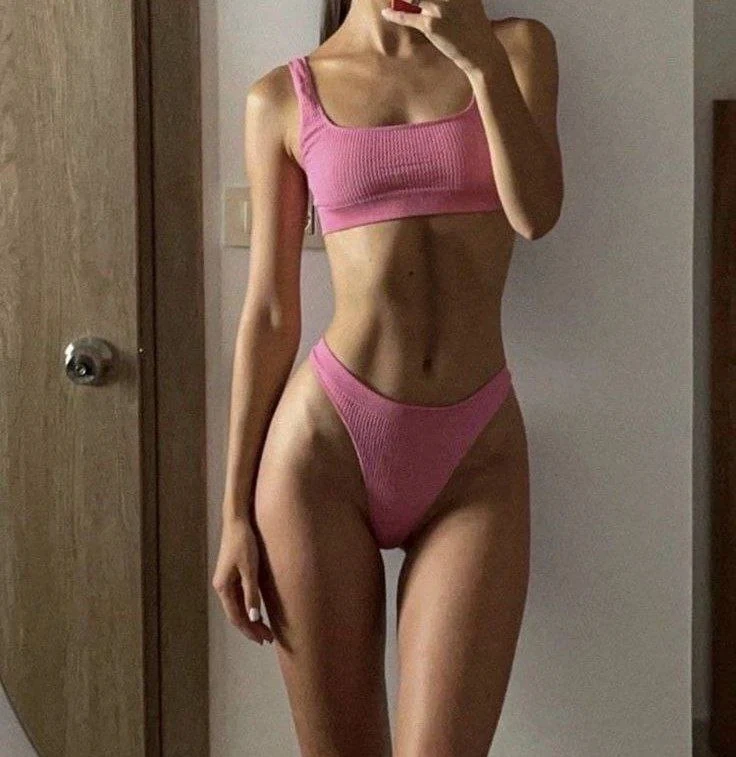




























 Mavis Enthusiast
Mavis Enthusiast 